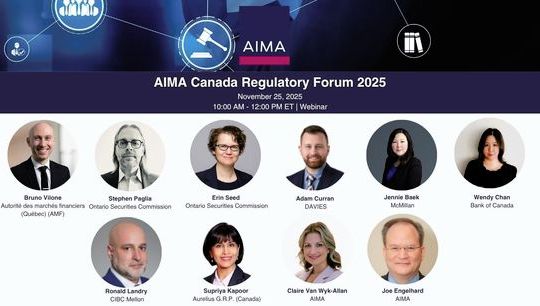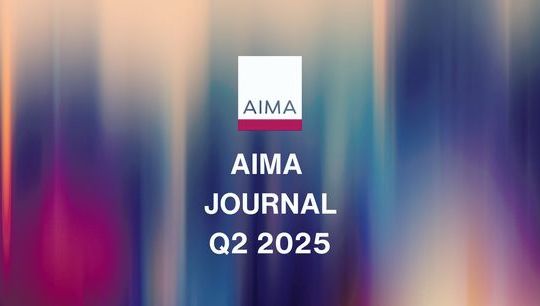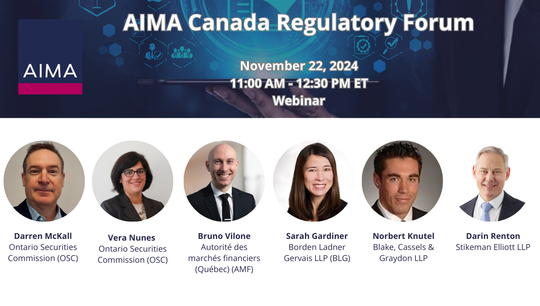Nightmare on F Street: Be Aware, Be Very Aware
By Jack Inglis, CEO, AIMA
Published: 17 June 2022
100 F Street NE, Washington, DC is the headquarters of the SEC, and their unrelenting slew of proposed new rules is rightly causing considerable concern in our industry. AIMA has now responded to more than a dozen consultations and still there seems no let up. These have come at such pace that many of our members have been unable to digest the full implications for them and their firms. Do not be in any doubt about how seriously these may affect you, whether you are a US registered firm or not.
I have written previously about the sweeping changes proposed in the Private Funds Adviser Rules, and you will find much more detail on our website. Since then, we have fully engaged with asset owners because these changes too will have enormous ramifications for them. In short, the freedoms of bilaterally negotiated contracts between funds and their investors will be seriously constrained and the liability risks for investment managers greatly increased.
Now, we have proposals to amend the definition of securities dealer and government securities dealer, which would trap many hedge funds and private fund advisers to have to register as such, if they are captured by a set of standards which deem them to be routinely providing liquidity in the markets.
The financial cost of doing so would be extraordinary. For example, and based on the SEC’s conservative estimate, even the smallest firms required to register would face initial costs exceeding $1 million and hundreds of thousands of dollars per annum in compliance costs. Initial costs for larger managers could reach $10 million, with annual compliance costs close to $6 million. Such significant costs will necessarily have negative effects on market efficiency and liquidity.
What is most frightening is that the costs associated with the registration and ongoing compliance may be the least of one’s worries! This is because a dealer registration entails a lot of structural changes such as the application of capital requirements which aren’t suited for off-balance sheet business, the loss of client status and many negative tax implications that could render the entire business model unviable, forcing managers to potentially withdraw from certain investment strategies.
You can find much more detail on this, and how AIMA is responding, on our website or by speaking with our staff.
If you’re just starting to sort through all of this, AIMA’s 15 June podcast is a helpful starting point: The Long-Short | US regulatory update: What’s changed and why?
I could agonise over the motives for proposing all these new rules. In the case of the dealer definition, I could be charitable and accept that funds are just being caught up indirectly by something aimed at principal trading firms. In most cases the new rules attempt to solve for problems that manifestly do not exist within our industry. Worse still, they appear to have been proposed without the required full cost/benefit analysis being undertaken. It is no surprise then to hear about rumblings of potential lawsuits against the SEC should these rules come to pass as proposed.







